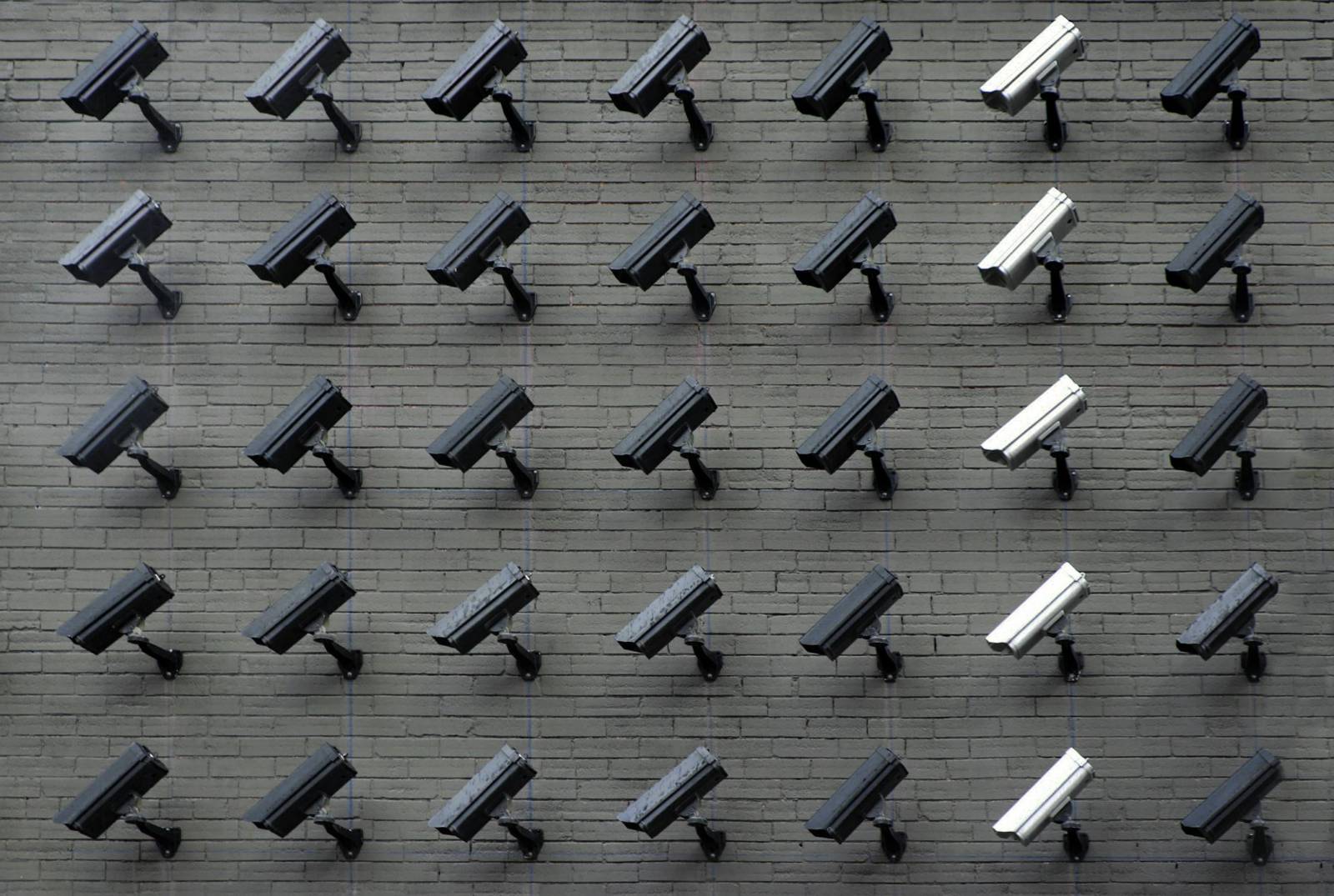
In the internet’s vast landscape, privacy has always been a prized yet elusive concept. The Onion Router, better known as Tor, stands as a beacon for those seeking anonymity. For advocates, it’s a tool that protects free speech and guards personal information. Yet for others, it’s a network that enables risk. So, does Tor shelter the vulnerable or conceal angers? Let’s delve into the intricacies of this controversial technology and explore what it truly represents.
Tor was initially developed with the goal of creating a safer internet experience. The intent? To provide a digital safe haven where people could explore and communicate freely, away from prying eyes. With a multi-layered encryption system, Tor routes traffic through a network of volunteer nodes, masking users’ IP addresses and identities. For individuals facing censorship or surveillance, this network offers hope and a semblance of freedom in a world that constantly tracks our every move.
Tor’s advantages extend far beyond privacy enthusiasts. Here’s a closer look at who relies on Tor:
This accessibility to free, anonymous communication embodies Tor’s core purpose—but it also opens doors to controversial uses.
Where there’s anonymity, there’s often a hidden element. Tor’s network has been notoriously linked to the dark web—a realm where illegal activities can thrive, away from the eyes of law enforcement. This has sparked intense debates. Does Tor actively enable criminal activity, or is it merely a tool that some exploit? While Tor’s team argues that they are not responsible for its misuse, critics believe it gives shelter to those with malicious intentions.
To understand why Tor is often seen as a harbor for illegal activities, it helps to explore how the technology works:
While these features provide essential protections, they also make Tor an attractive option for users seeking to evade oversight for dubious purposes.
Here lies the dilemma: Tor’s technology is a double-edged sword. For those in need of privacy, it’s a powerful tool. Yet, the same anonymity has attracted cybercriminals, black markets, and even trafficking networks. So, does the protection it offers outweigh the risks it enables? To answer this, let’s break down both sides of the ethical argument.
Tor’s advocates argue that the benefits far exceed the risks. In countries with oppressive surveillance and censorship, Tor empowers people to exercise their basic rights. From the Arab Spring to protests in modern-day regimes, activists and citizens have used Tor to organize movements and voice their concerns without fear. For these individuals, Tor isn’t just a tool; it’s a lifeline that defends democracy and the universal right to free expression.
Yet, with freedom comes the potential for misuse. Some see Tor as a sanctuary for illicit activities, ranging from illegal marketplaces to forums that promote exploitation. Governments worldwide have targeted Tor, claiming that its encrypted pathways obstruct investigations and allow dangerous elements to operate with impunity. This raises tough questions. Should Tor impose limits to curb misuse, or would doing so undermine its very purpose?
So, where does Tor stand today? In a world that values privacy but fears untraceable crime striking a balance between security and safety is crucial. Recently, Tor’s developers have taken steps to increase cooperation with law enforcement without compromising user privacy. Tor’s transparency reports, for instance, provide insight into its usage, showing that it’s not simply a haven for crime but a complex network serving diverse needs.
Efforts to balance freedom and security are ongoing. Some of these include:
These steps indicate that Tor is open to a dialogue about its role, though it remains steadfast in its mission to protect anonymity.
In the end, Tor represents both the best and the most controversial aspects of the internet. It’s a tool that reflects society’s complex relationship with privacy, ethics, and security. While some misuse it for crime, others rely on it for freedom and protection. Is Tor more of an enabler or a protector? The answer may never be black and white. Perhaps, the real question is this: In a world where digital privacy is fading, can we afford to lose a tool like Tor?
The question remains: who does Tor enable? Here’s everything you need to know about who really benefits from Tor.
